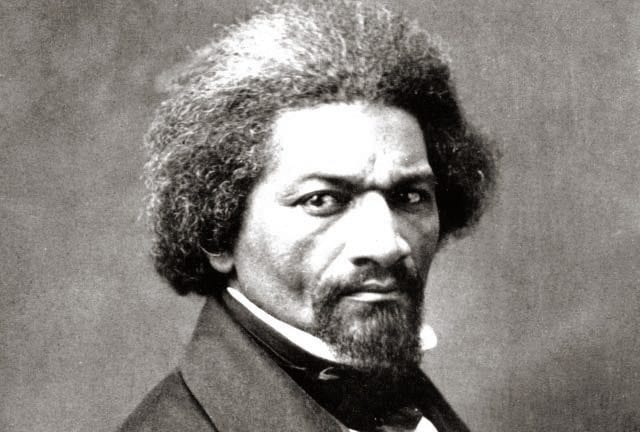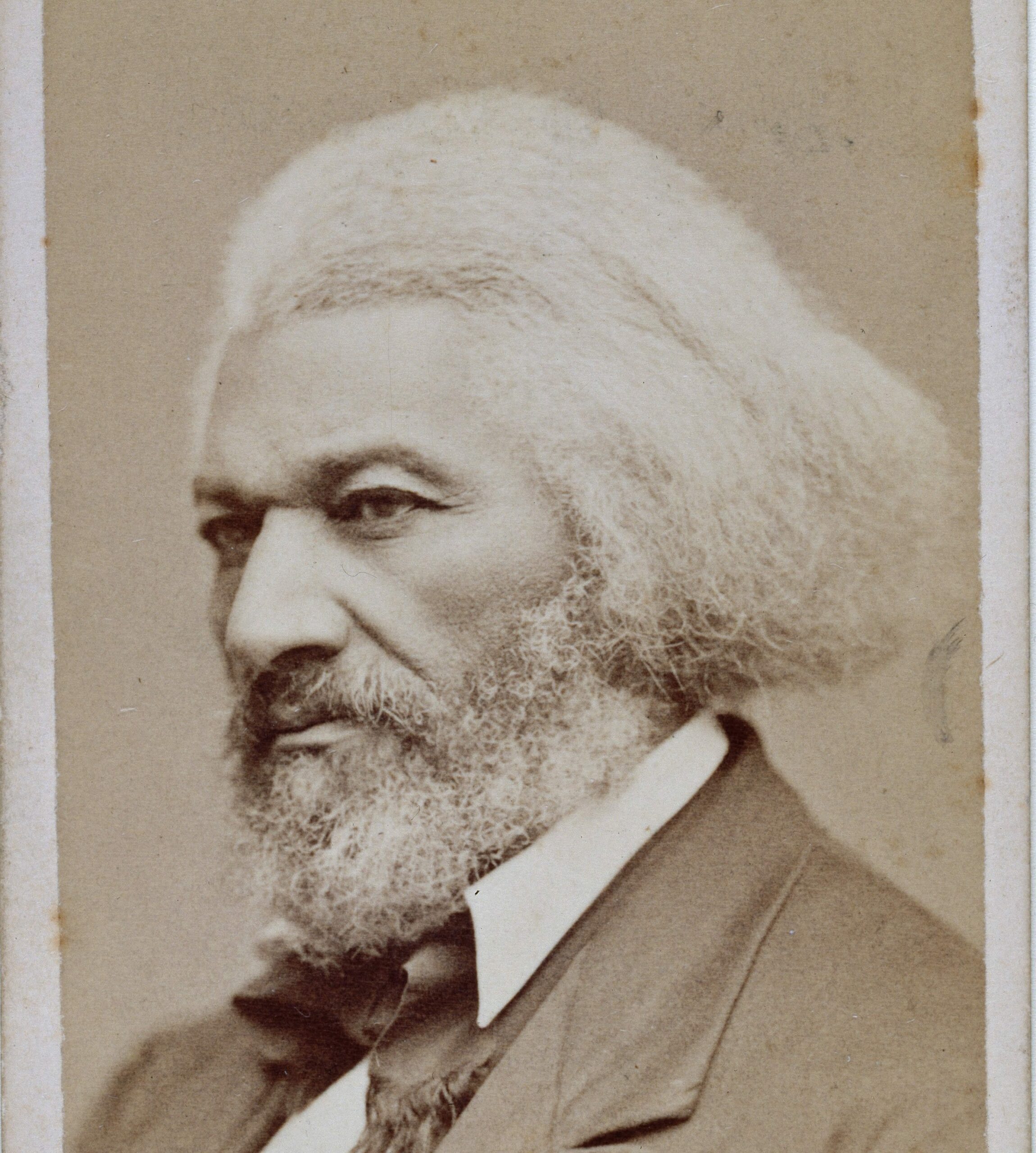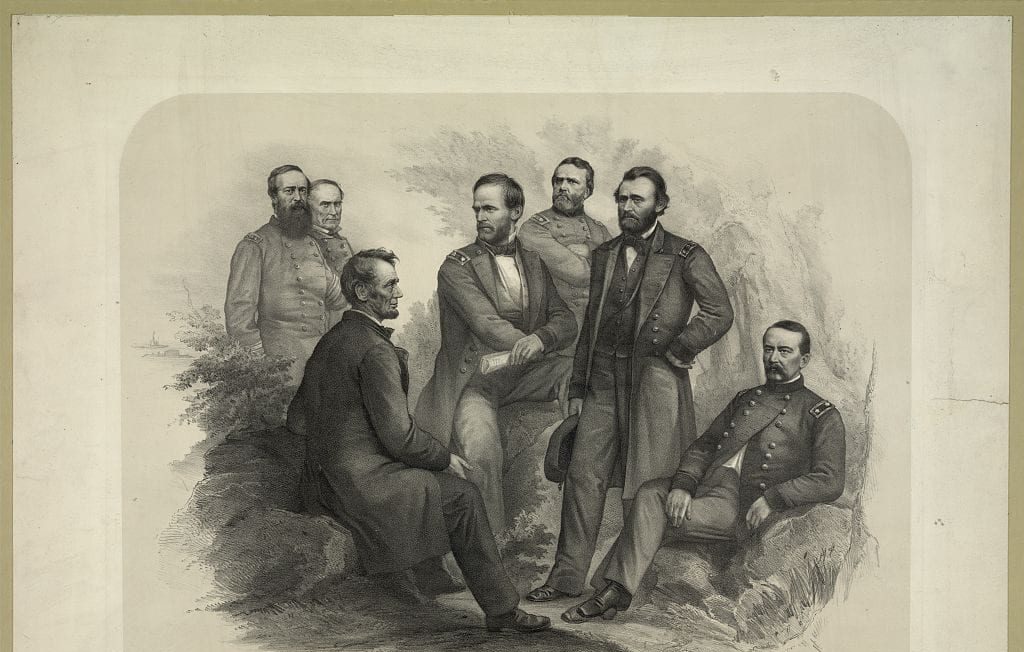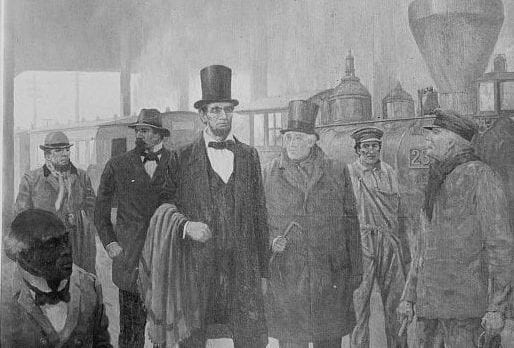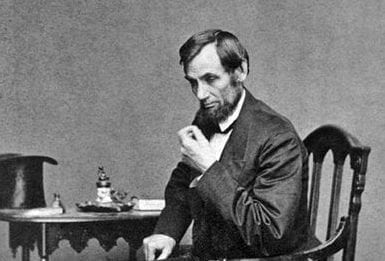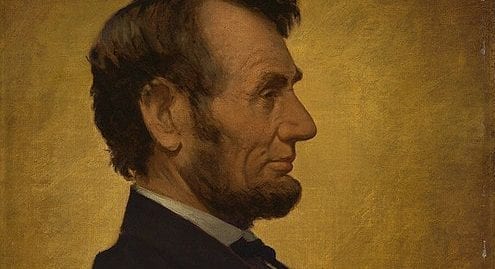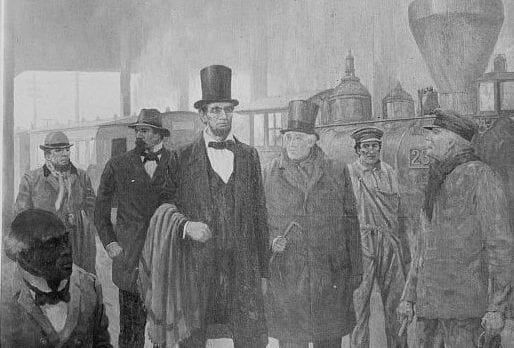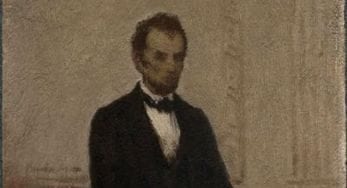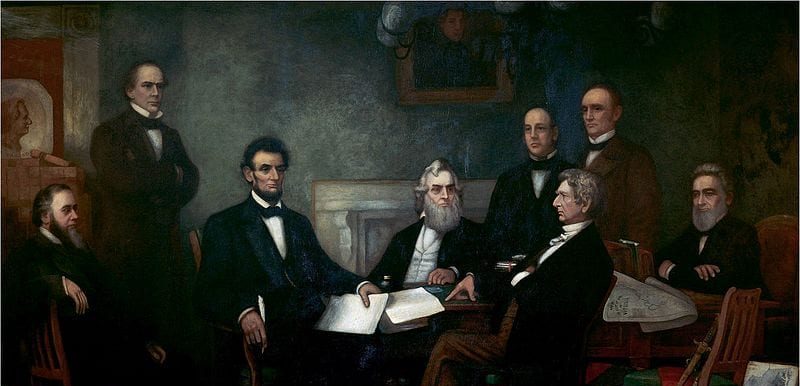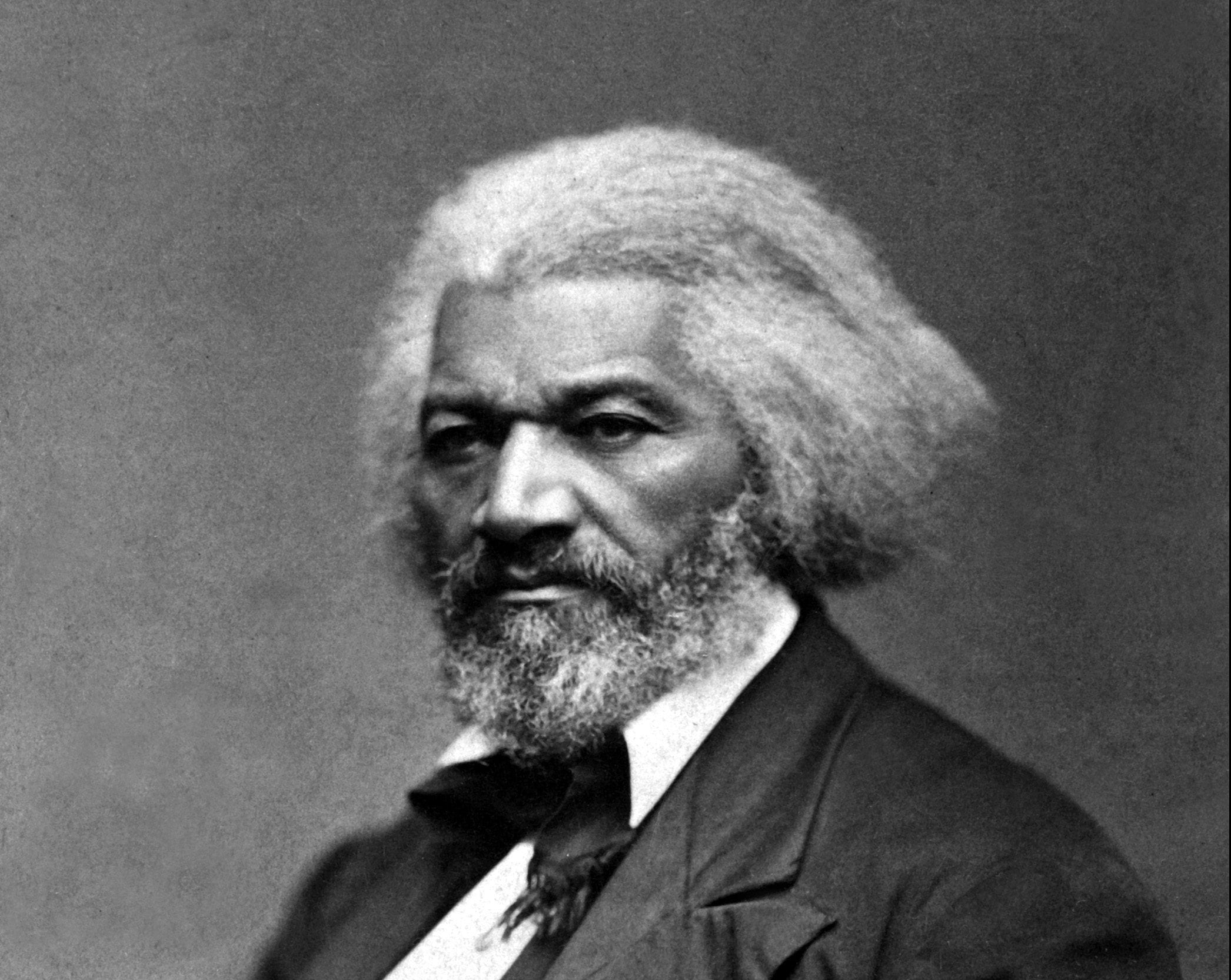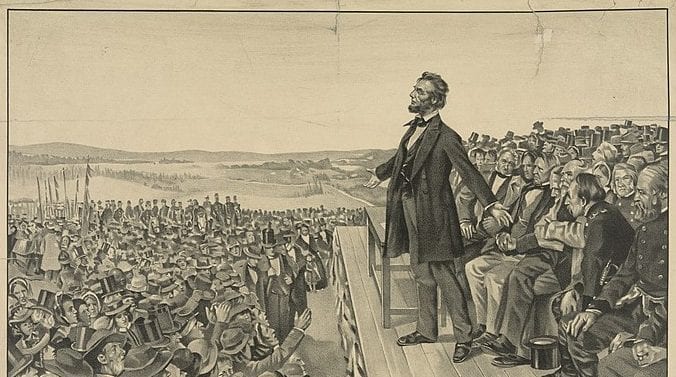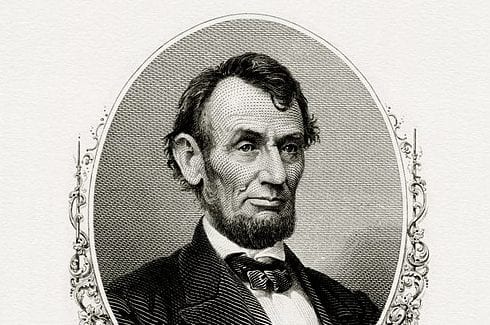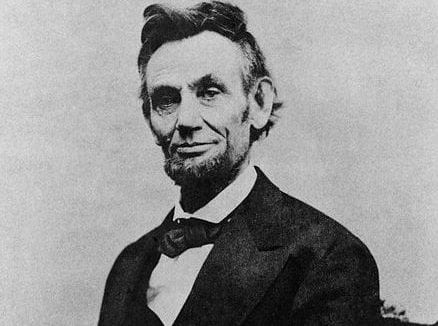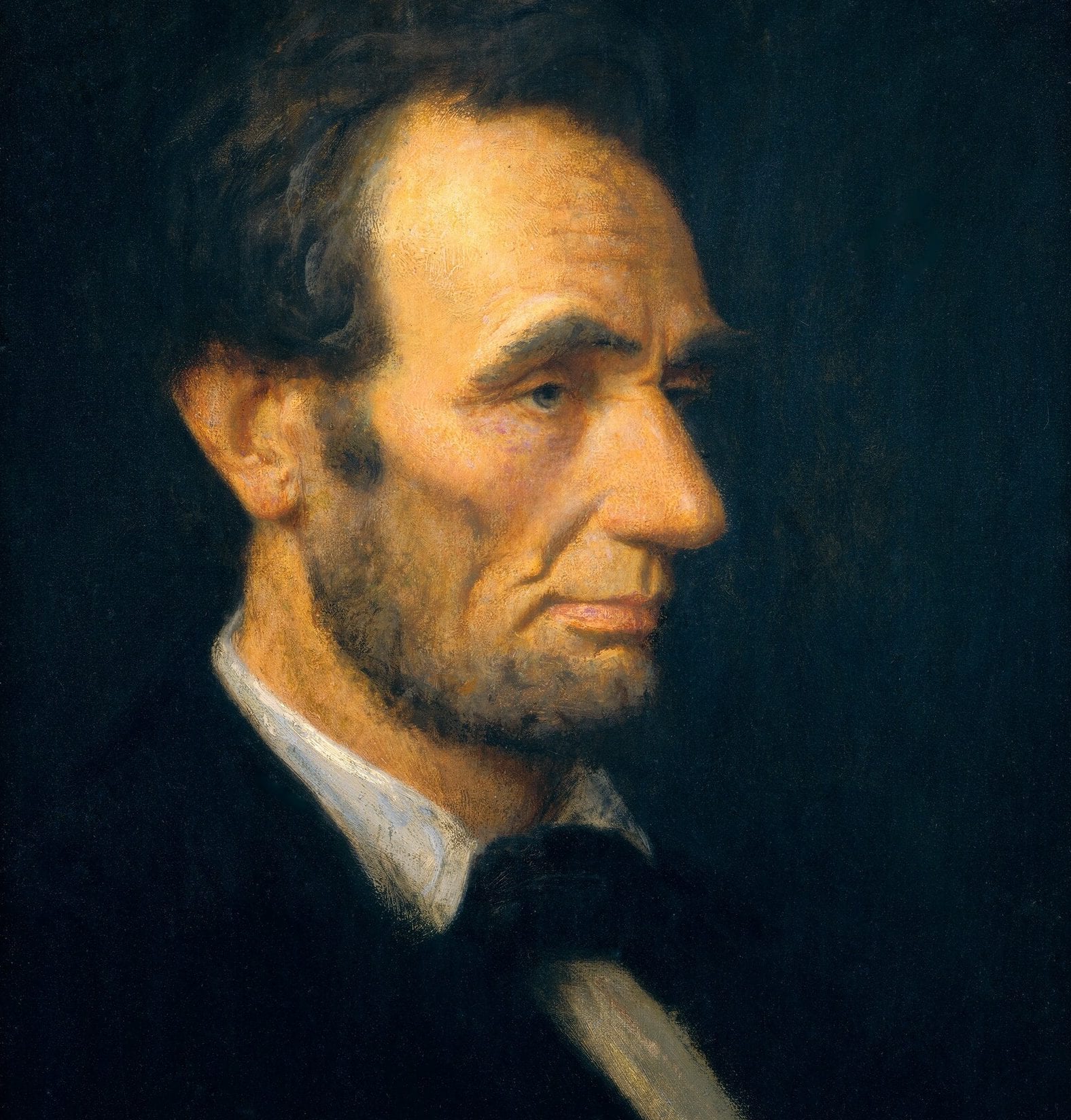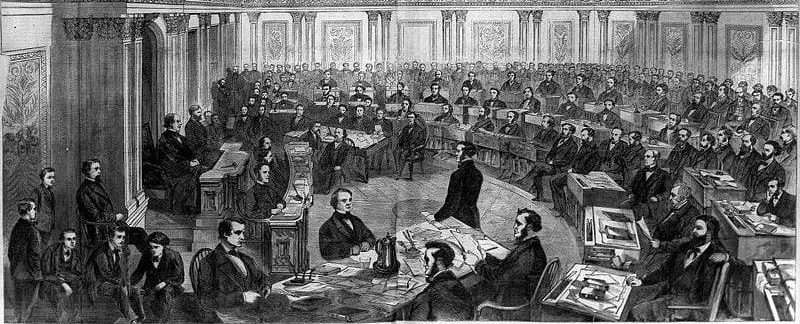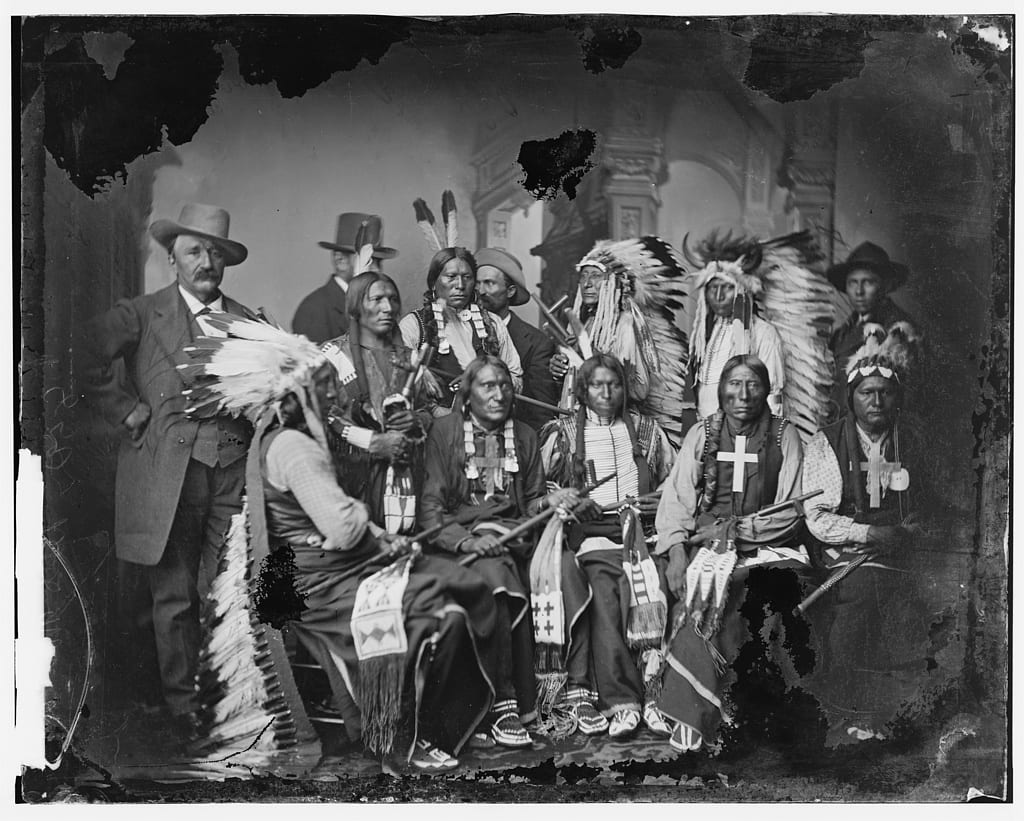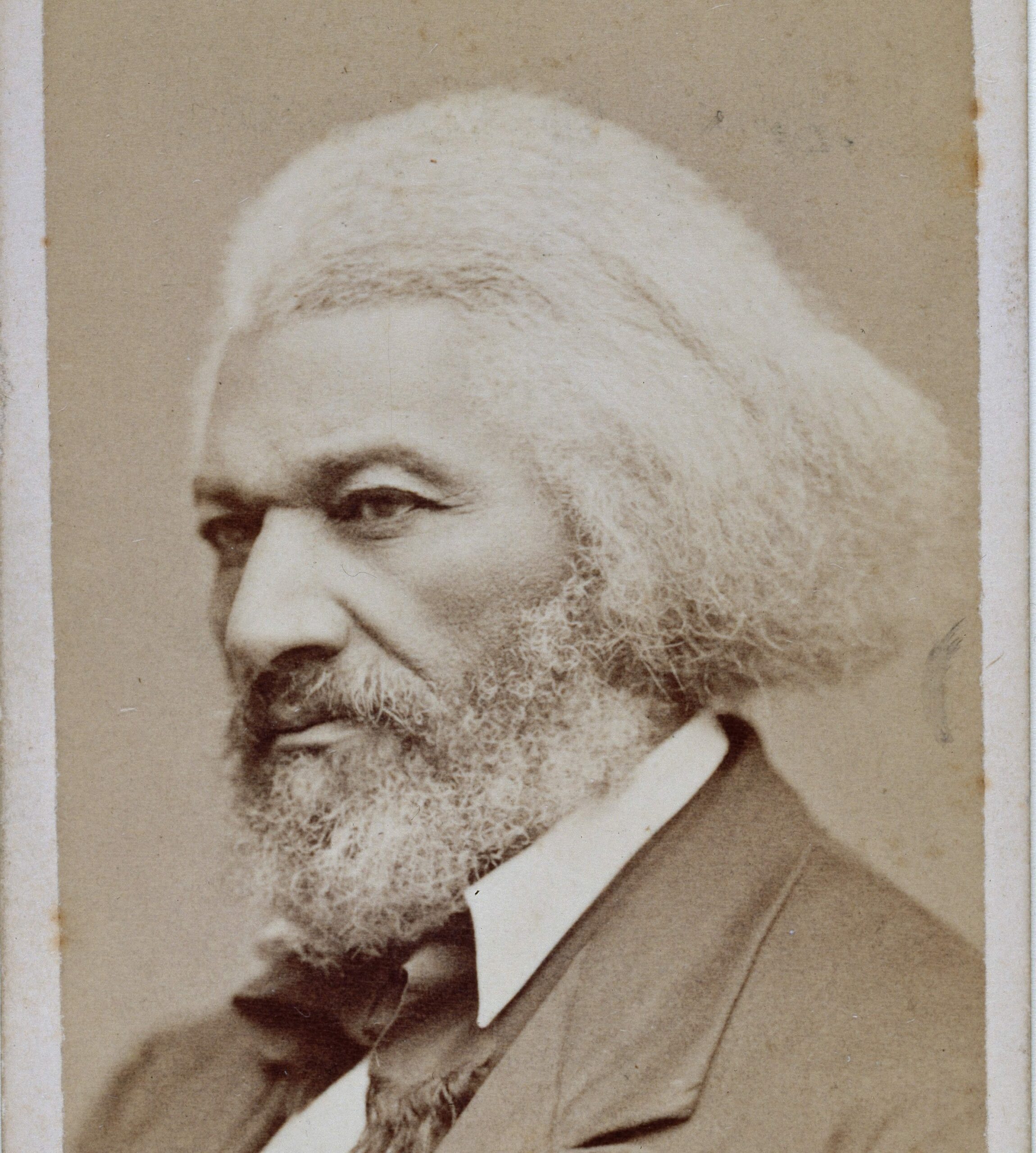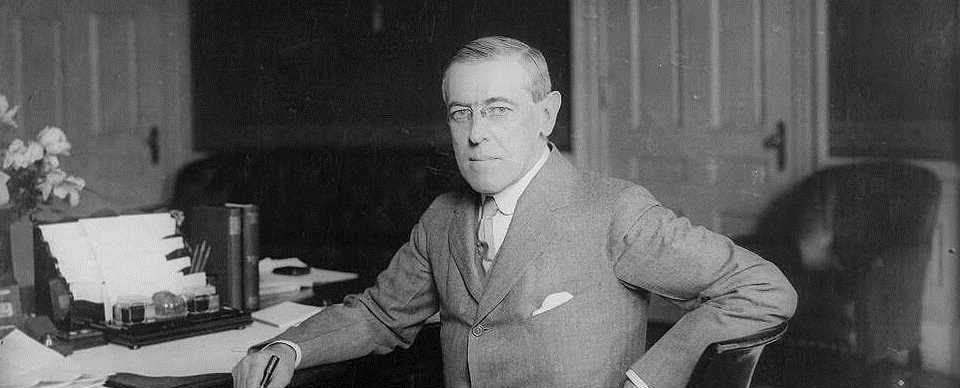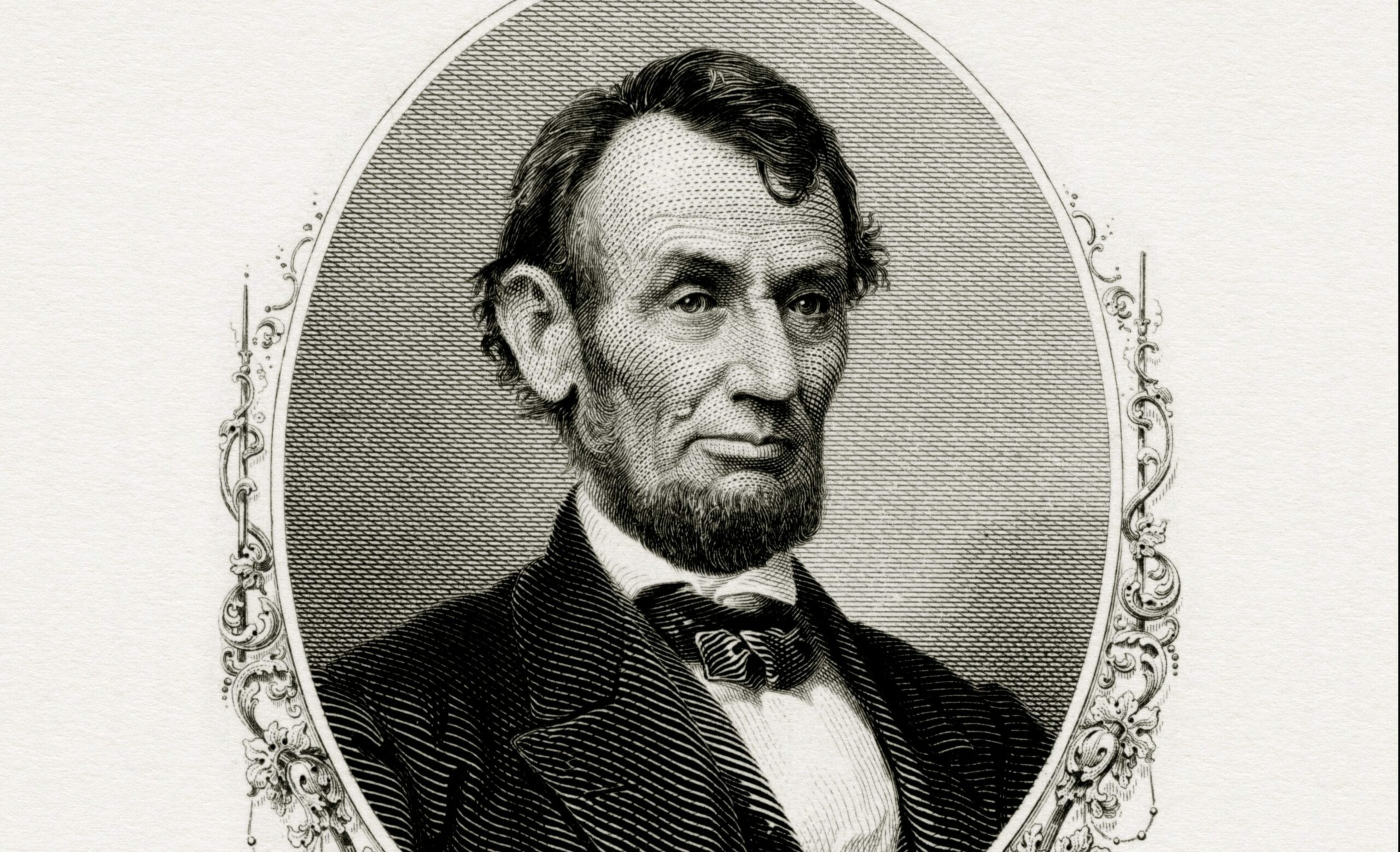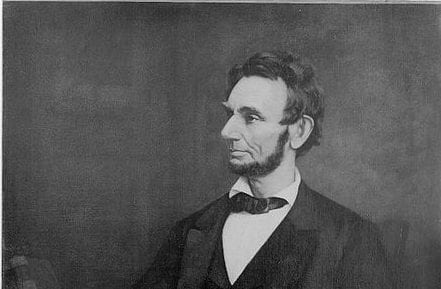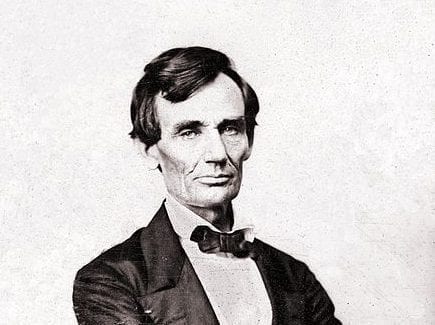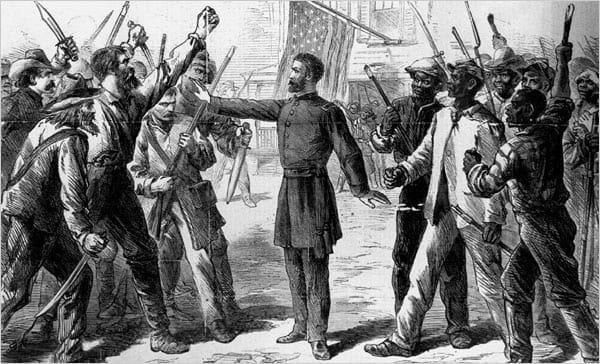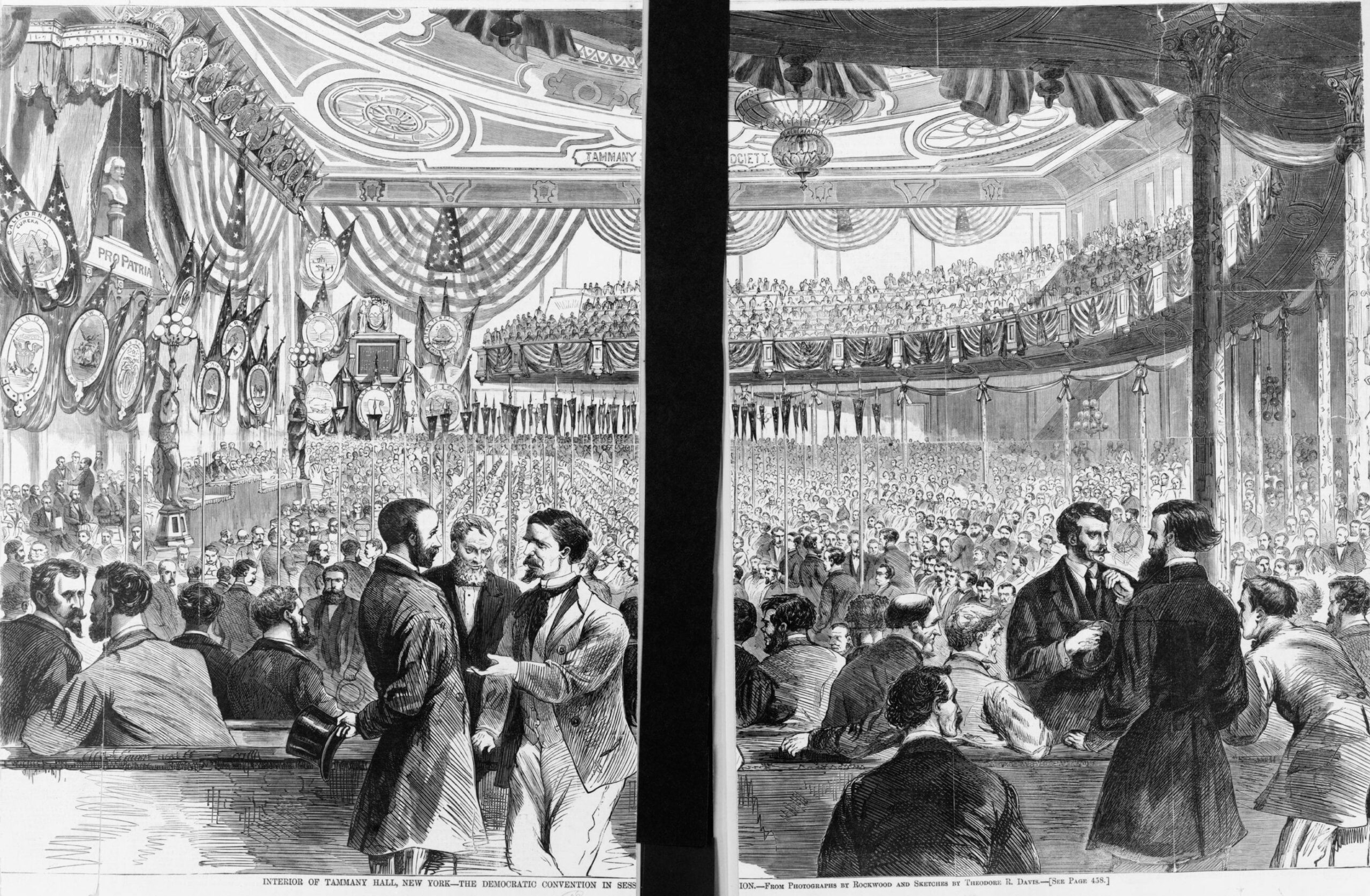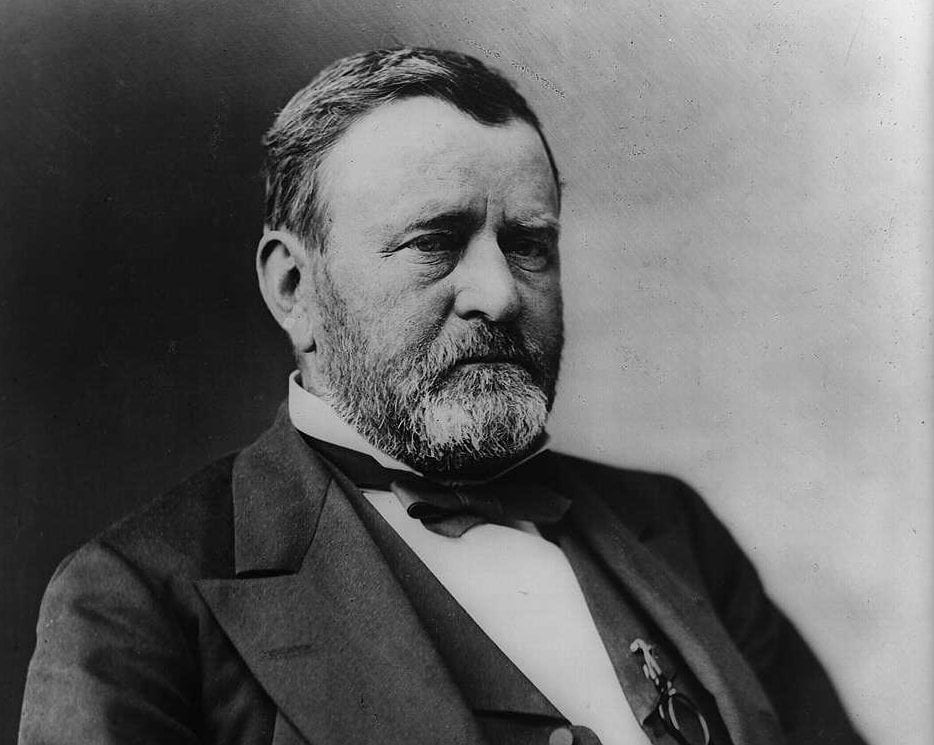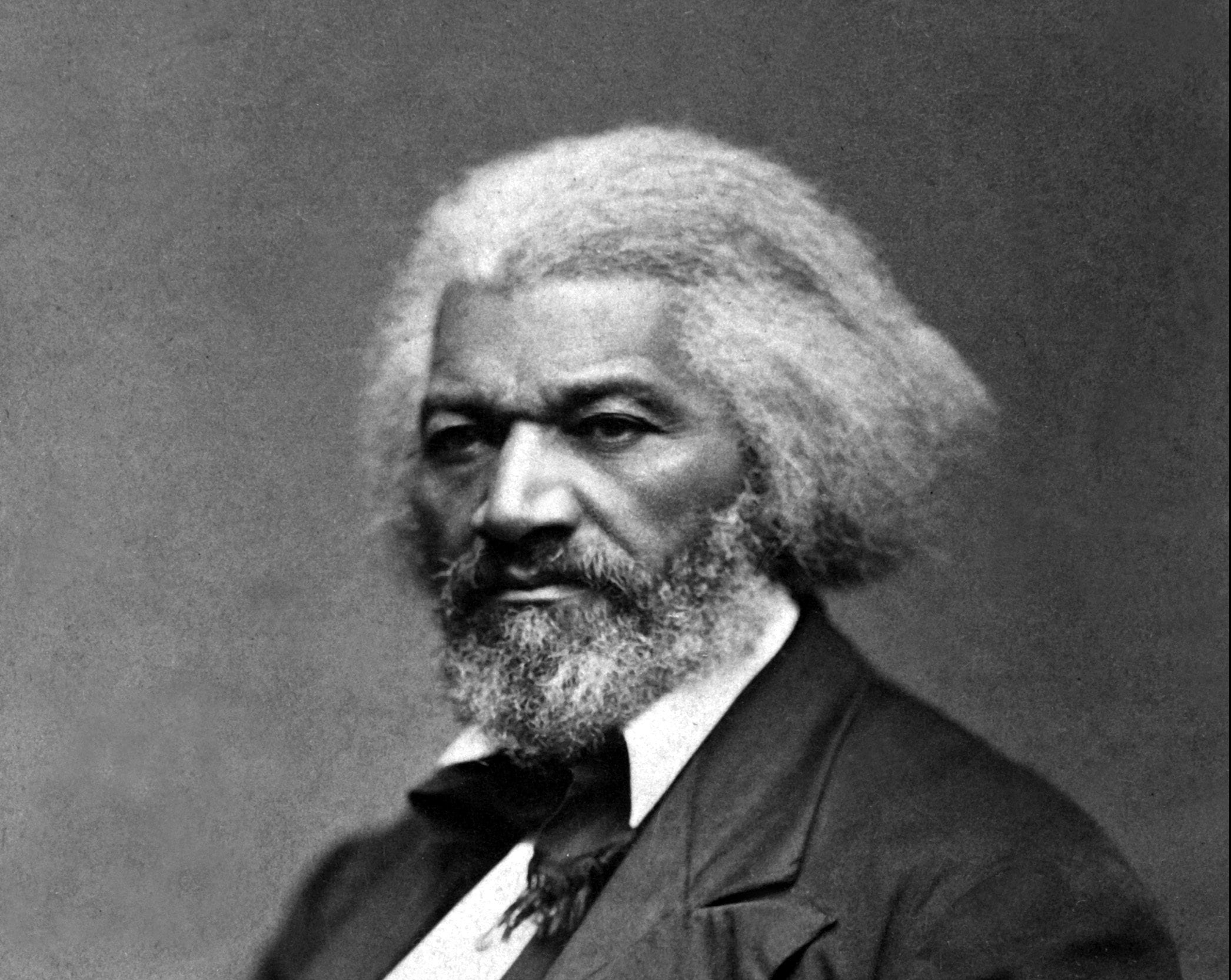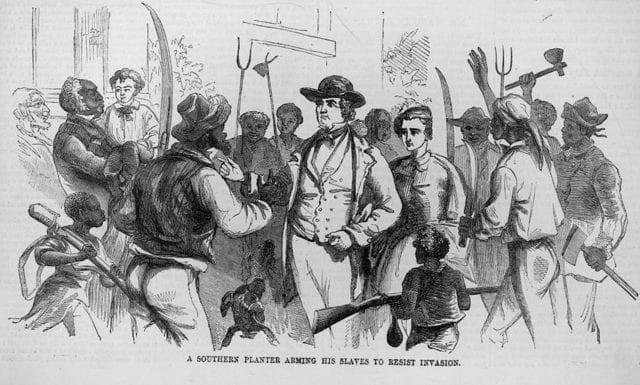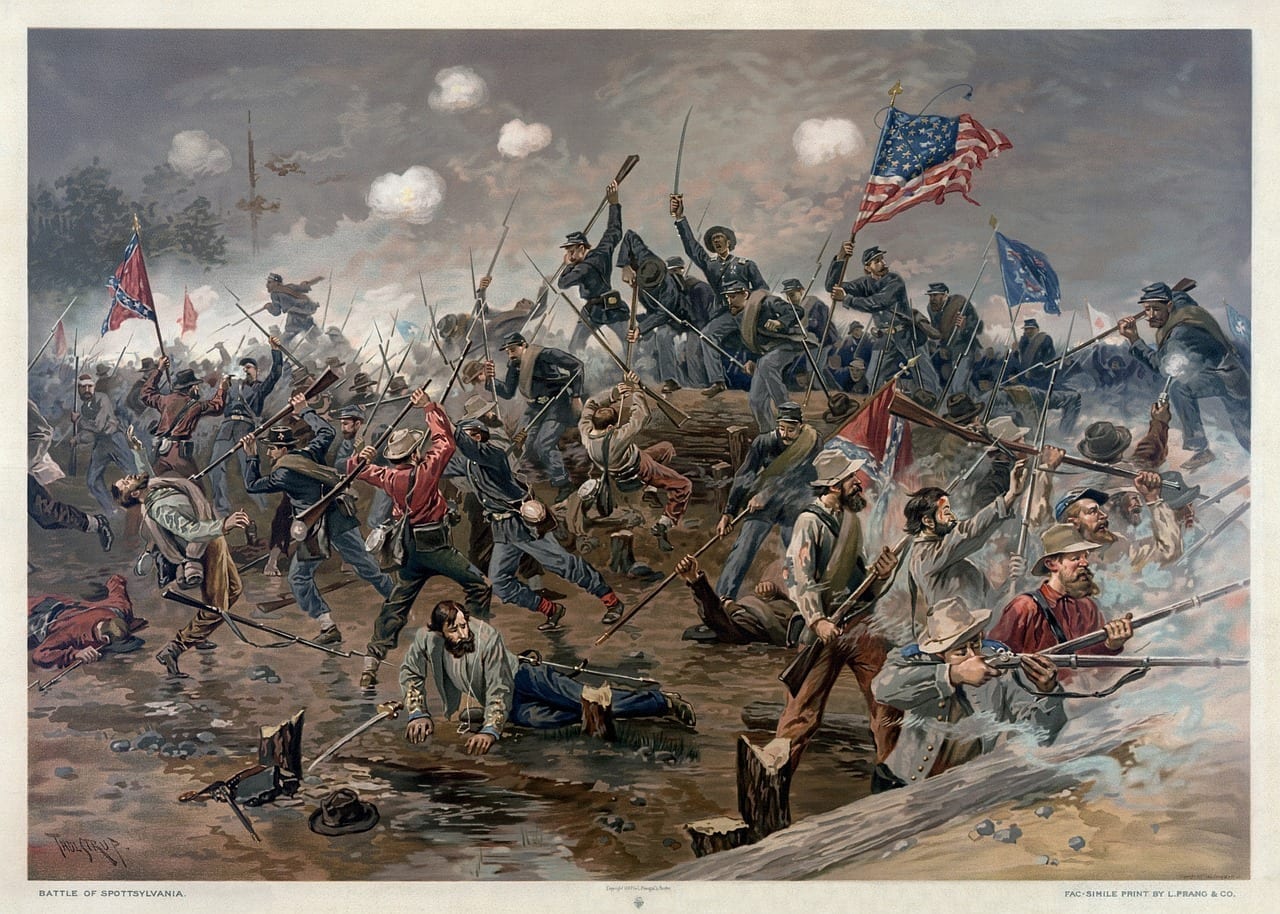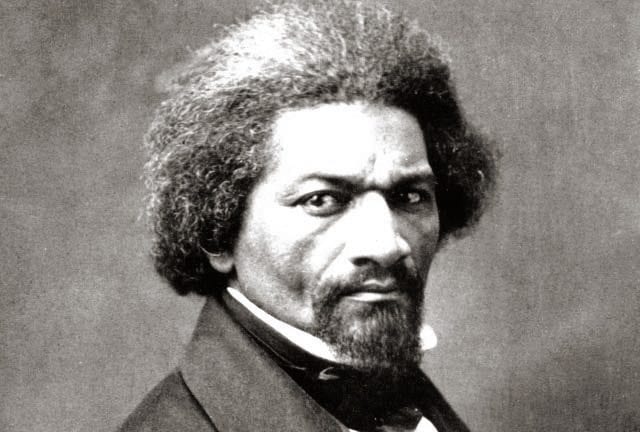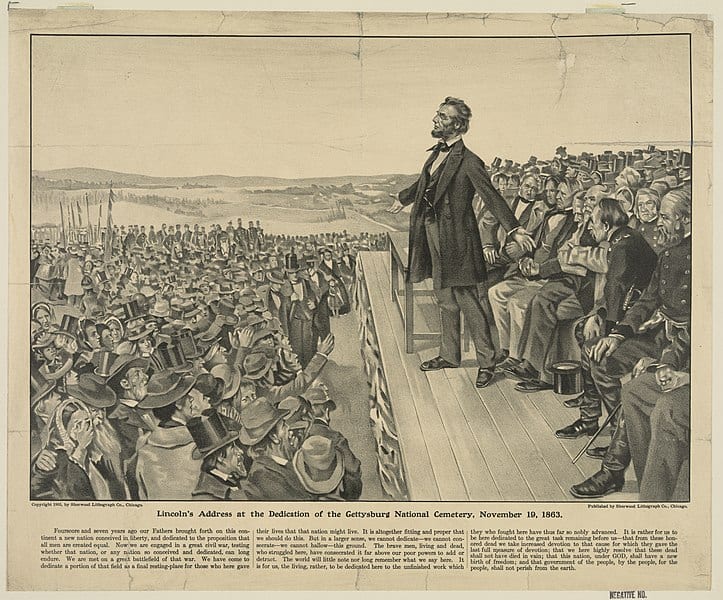

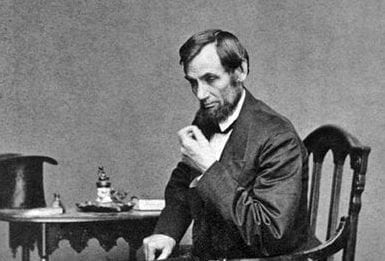
No related resources
Introduction
Lincoln gave his second annual message to Congress after issuing the preliminary Emancipation Proclamation in September 1862, a month before he was to issue the final version. He covered the usual array of topics presidents address in such communications, because the business of the nation did not cease even in the midst of civil war. The bulk of the message, like the excerpts included here, focused on dealing with slavery as the cause of the war. Lincoln proposed a constitutional amendment for the gradual compensated emancipation of slaves that included provisions for voluntary colonization. He defended the proposal as the best way to end the war and deal with slavery and its aftermath, addressing an array of possible objections to his plan. He ended his message with words that still resonate today, an exhortation to Americans to act nobly to save their Republic, “the last best hope of earth.”
Abraham Lincoln, Second Annual Message, online by Gerhard Peters and John T.
Woolley, The American Presidency Project https://www.presidency.ucsb.edu/node/202180.
Since your last annual assembling another year of health and bountiful harvests has passed, and while it has not pleased the Almighty to bless us with a return of peace, we can but press on, guided by the best light He gives us, trusting that in His own good time and wise way all will yet be well. . . .
The correspondence touching foreign affairs which has taken place during the last year is herewith submitted . . .
. . .The treaty with Great Britain for the suppression of the slave trade has been put into operation with a good prospect of complete success. It is an occasion of special pleasure to acknowledge that the execution of it on the part of Her Majesty’s government has been marked with a jealous respect for the authority of the United States and the rights of their moral and loyal citizens. . . .
Applications have been made to me by many free Americans of African descent to favor their emigration, with a view to such colonization as was contemplated in recent acts of Congress. Other parties, at home and abroad—some from interested motives, others upon patriotic considerations, and still others influenced by philanthropic sentiments—have suggested similar measures, while, on the other hand, several of the Spanish American republics have protested against the sending of such colonies to their respective territories. Under these circumstances I have declined to move any such colony to any state without first obtaining the consent of its government, with an agreement on its part to receive and protect such emigrants in all the rights of freemen; and I have at the same time offered to the several states situated within the Tropics, or having colonies there, to negotiate with them, subject to the advice and consent of the Senate, to favor the voluntary emigration of persons of that class to their respective territories, upon conditions which shall be equal, just, and humane. Liberia and Haiti are as yet the only countries to which colonists of African descent from here could go with certainty of being received and adopted as citizens; and I regret to say such persons contemplating colonization do not seem so willing to migrate to those countries as to some others, nor so willing as I think their interest demands. I believe, however, opinion among them in this respect is improving, and that ere long there will be an augmented and considerable migration to both these countries from the United States. . . .
The Indian tribes upon our frontiers have during the past year manifested a spirit of insubordination, and at several points have engaged in open hostilities against the white settlements in their vicinity. The tribes occupying the Indian country south of Kansas renounced their allegiance to the United States and entered into treaties with the insurgents. Those who remained loyal to the United States were driven from the country. The chief of the Cherokees has visited this city for the purpose of restoring the former relations of the tribe with the United States. He alleges that they were constrained by superior force to enter into treaties with the insurgents, and that the United States neglected to furnish the protection which their treaty stipulations required.
In the month of August last the Sioux Indians in Minnesota attacked the settlements in their vicinity with extreme ferocity, killing indiscriminately men, women, and children. This attack was wholly unexpected, and therefore no means of defense had been provided. It is estimated that not less than eight hundred persons were killed by the Indians, and a large amount of property was destroyed. How this outbreak was induced is not definitely known, and suspicions, which may be unjust, need not to be stated. Information was received by the Indian Bureau from different sources about the time hostilities were commenced that a simultaneous attack was to be made upon the white settlements by all the tribes between the Mississippi River and the Rocky Mountains. The state of Minnesota has suffered great injury from this Indian war. A large portion of her territory has been depopulated, and a severe loss has been sustained by the destruction of property. The people of that state manifest much anxiety for the removal of the tribes beyond the limits of the state as a guaranty against future hostilities. The commissioner of Indian affairs will furnish full details. I submit for your especial consideration whether our Indian system shall not be remodeled. Many wise and good men have impressed me with the belief that this can be profitably done.
I submit a statement of the proceedings of commissioners, which shows the progress that has been made in the enterprise of constructing the Pacific Railroad. And this suggests the earliest completion of this road, and also the favorable action of Congress upon the projects now pending before them for enlarging the capacities of the great canals in New York and Illinois, as being of vital and rapidly increasing importance to the whole nation, and especially to the vast interior region hereinafter to be noticed at some greater length. I purpose having prepared and laid before you at an early day some interesting and valuable statistical information upon this subject. The military and commercial importance of enlarging the Illinois and Michigan Canal and improving the Illinois River is presented in the report of Colonel Webster to the secretary of war, and now transmitted to Congress. I respectfully ask attention to it. . . .
On the twenty-second day of September last a proclamation was issued by the Executive, a copy of which is herewith submitted. In accordance with the purpose expressed in the second paragraph of that paper, I now respectfully recall your attention to what may be called “compensated emancipation.”
A nation may be said to consist of its territory, its people, and its laws. The territory is the only part which is of certain durability. “One generation passeth away and another generation cometh, but the earth abideth forever.”1 It is of the first importance to duly consider and estimate this ever-enduring part. That portion of the earth’s surface which is owned and inhabited by the people of the United States is well adapted to be the home of one national family, and it is not well adapted for two or more. Its vast extent and its variety of climate and productions are of advantage in this age for one people, whatever they might have been in former ages. Steam, telegraphs, and intelligence have brought these to be an advantageous combination for one united people . . .
Our national strife springs not from our permanent part; not from the land we inhabit; not from our national homestead. There is no possible severing of this but would multiply and not mitigate evils among us. In all its adaptations and aptitudes it demands union and abhors separation. In fact, it would ere long force reunion, however much of blood and treasure the separation might have cost. Our strife pertains to ourselves—to the passing generations of men—and it can without convulsion be hushed forever with the passing of one generation.
In this view I recommend the adoption of the following resolution and articles amendatory to the Constitution of the United States:
Resolved by the Senate and House of Representatives of the United States of America in Congress assembled (two-thirds of both Houses concurring), That the following articles be proposed to the legislatures (or conventions) of the several states as amendments to the Constitution of the United States, all or any of which articles, when ratified
by three-fourths of the said legislatures (or conventions ), to be valid as part or parts of the said Constitution, viz:
ART.—Every state wherein slavery now exists which shall abolish the same therein at any time or times before the first day of January, a.d. 1900, shall receive compensation from the United States as follows, to wit:
The President of the United States shall deliver to every such state bonds of the United States bearing interest at the rate of per cent per annum to an amount equal to the aggregate sum of __ for each slave shown to have been therein by the Eighth Census of the United States, said bonds to be delivered to such state by installments or in one parcel at the completion of the abolishment, accordingly as the same shall have been gradual or at one time within such state; and interest shall begin to run upon any such bond only from the proper time of its delivery as aforesaid. Any state having received bonds as aforesaid and afterward reintroducing or tolerating slavery therein shall refund to the United States the bonds so received, or the value thereof, and all interest paid thereon.
Art.—All slaves who shall have enjoyed actual freedom by the chances of the war at any time before the end of the rebellion shall be forever free; but all owners of such who shall not have been disloyal shall be compensated for them at the same rates as is provided for states adopting abolishment of slavery, but in such way that no slave shall be twice accounted for.
Art.—Congress may appropriate money and otherwise provide for colonizing free colored persons with their own consent at any place or places without the United States. I beg indulgence to discuss these proposed articles at some length. Without slavery the rebellion could never have existed; without slavery it could not continue.
Among the friends of the Union there is great diversity of sentiment and of policy in regard to slavery and the African race amongst us. Some would perpetuate slavery; some would abolish it suddenly and without compensation; some would abolish it gradually and with compensation; some would remove the freed people from us, and some would retain them with us; and there are yet other minor diversities. Because of these diversities we waste much strength in struggles among ourselves. By mutual concession we should harmonize and act together. This would be compromise, but it would be compromise among the friends and not with the enemies of the Union. These articles are intended to embody a plan of such mutual concessions, if the plan shall be adopted, it is assumed that emancipation will follow, at least in several of the states.
As to the first article, the main points are, first, the emancipation; secondly, the length of time for consummating it (thirty-seven years); and, thirdly, the compensation.
The emancipation will be unsatisfactory to the advocates of perpetual slavery, but the length of time should greatly mitigate their dissatisfaction. The time spares both races from the evils of sudden derangement—in fact, from the necessity of any derangement—while most of those whose habitual course of thought will be disturbed by the measure will have passed away before its consummation. They will never see it. Another class will hail the prospect of emancipation but will deprecate the length of time. They will feel that it gives too little to the now living slaves. But it really gives them much. It saves them from the vagrant destitution which must largely attend immediate emancipation in localities where their numbers are very great, and it gives the inspiring assurance that their posterity shall be free forever. The plan leaves to each state choosing to act under it to abolish slavery now or at the end of the century, or at any intermediate time, or by degrees extending over the whole or any part of the period, and it obliges no two states to proceed alike. It also provides for compensation, and generally the mode of making it. This, it would seem, must further mitigate the dissatisfaction of those who favor perpetual slavery, and especially of those who are to receive the compensation. Doubtless some of those who are to pay and not to receive will object. Yet the measure is both just and economical. In a certain sense the liberation of slaves is the destruction of property—property acquired by descent or by purchase, the same as any other property. It is no less true for having been often said that the people of the South are not more responsible for the original introduction of this property than are the people of the North; and when it is remembered how unhesitatingly we all use cotton and sugar and share the profits of dealing in them, it may not be quite safe to say that the South has been more responsible than the North for its continuance. If, then, for a common object this property is to be sacrificed, is it not just that it be done at a common charge?
And if with less money, or money more easily paid, we can preserve the benefits of the Union by this means than we can by the war alone, is it not also economical to do it? Let us consider it, then. Let us ascertain the sum we have expended in the war since compensated emancipation was proposed last March, and consider whether if that measure had been promptly accepted by even some of the slave states the same sum would not have done more to close the war than has been otherwise done. If so, the measure would save money, and in that view would be a prudent and economical measure. Certainly it is not so easy to pay something as it is to pay nothing, but it is easier to pay a large sum than it is to pay a larger one. And it is easier to pay any sum when we are able than it is to pay it before we are able. The war requires large sums, and requires them at once. The aggregate sum necessary for compensated emancipation of course would be large. But it would require no ready cash, nor the bonds even any faster than the emancipation progresses. This might not, and probably would not, close before the end of the thirty-seven years. At that time we shall probably have a hundred million of people to share the burden, instead of thirty-one million as now. And not only so, but the increase of our population may be expected to continue for a long time after that period as rapidly as before, because our territory will not have become full. I do not state this inconsiderately. At the same ratio of increase which we have maintained, on an average, from our first national census, in 1790, until that of 1860, we should in 1900 have a population of 103,208,415.2 And why may we not continue that ratio far beyond that period? . . .
And we will reach this, too, if we do not ourselves relinquish the chance by the folly and evils of disunion or by long and exhausting war springing from the only great element of national discord among us. While it cannot be foreseen exactly how much one huge example of secession, breeding lesser ones indefinitely, would retard population, civilization, and prosperity, no one can doubt that the extent of it would be very great and injurious.
The proposed emancipation would shorten the war, perpetuate peace, ensure this increase of population, and proportionately the wealth of the country. With these we should pay all the emancipation would cost, together with our other debt, easier than we should pay our other debt without it. . . .
As to the second article [slaves freed by the chances of war shall be forever free], I think it would be impracticable to return to bondage the class of persons therein contemplated. Some of them, doubtless, in the property sense belong to loyal owners, and hence provision is made in this article for compensating such. The third article relates to the future of the freed people. It does not oblige, but merely authorizes Congress to aid in colonizing such as may consent. This ought not to be regarded as objectionable on the one hand or on the other, insomuch as it comes to nothing unless by the mutual consent of the people to be deported and the American voters, through their representatives in Congress.
I cannot make it better known than it already is that I strongly favor colonization; and yet I wish to say there is an objection urged against free colored persons remaining in the country which is largely imaginary, if not sometimes malicious.
It is insisted that their presence would injure and displace white labor and white laborers. If there ever could be a proper time for mere catch arguments, that time surely is not now. In times like the present men should utter nothing for which they would not willingly be responsible through time and in eternity. Is it true, then, that colored people can displace any more white labor by being free than by remaining slaves? If they stay in their old places, they jostle no white laborers; if they leave their old places, they leave them open to white laborers. Logically, there is neither more nor less of it. Emancipation, even without deportation, would probably enhance the wages of white labor, and very surely would not reduce them. Thus the customary amount of labor would still have to be performed—the freed people would surely not do more than their old proportion of it, and very probably for a time would do less, leaving an increased part to white laborers, bringing their labor into greater demand, and consequently enhancing the wages of it. With deportation, even to a limited extent, enhanced wages to white labor is mathematically certain. Labor is like any other commodity in the market—increase the demand for it and you increase the price of it. Reduce the supply of black labor by colonizing the black laborer out of the country, and by precisely so much you increase the demand for and wages of white labor.
But it is dreaded that the freed people will swarm forth and cover the whole land. Are they not already in the land? Will liberation make them any more numerous? Equally distributed among the whites of the whole country, and there would be but one colored to seven whites. Could the one in any way greatly disturb the seven? There are many communities now having more than one free colored person to seven whites and this without any apparent consciousness of evil from it. The District of Columbia and the states of Maryland and Delaware are all in this condition. The District has more than one free colored to six whites, and yet in its frequent petitions to Congress I believe it has never presented the presence of free colored persons as one of its grievances. But why should emancipation south send the free people north? People of any color seldom run unless there be something to run from. Heretofore colored people to some extent have fled north from bondage, and now, perhaps, from both bondage and destitution. But if gradual emancipation and deportation be adopted, they will have neither to flee from. Their old masters will give them wages at least until new laborers can be procured, and the freedmen in turn will gladly give their labor for the wages till new homes can be found for them in congenial climes and with people of their own blood and race. This proposition can be trusted on the mutual interests involved. And in any event, cannot the North decide for itself whether to receive them?
Again, as practice proves more than theory in any case, has there been any irruption of colored people northward because of the abolishment of slavery in this District last spring? . . .
The plan consisting of these articles is recommended, not but that a restoration of the national authority would be accepted without its adoption.
Nor will the war nor proceedings under the proclamation of September 22, 1862, be stayed because of the recommendation of this plan. Its timely adoption, I doubt not, would bring restoration, and thereby stay both.
And notwithstanding this plan, the recommendation that Congress provide by law for compensating any state which may adopt emancipation before this plan shall have been acted upon is hereby earnestly renewed. Such would be only an advance part of the plan, and the same arguments apply to both.
This plan is recommended as a means, not in exclusion of, but additional to, all others for restoring and preserving the national authority throughout the Union. The subject is presented exclusively in its economical aspect. The plan would, I am confident, secure peace more speedily and maintain it more permanently than can be done by force alone, while all it would cost, considering amounts and manner of payment and times of payment, would be easier paid than will be the additional cost of the war if we rely solely upon force. It is much, very much, that it would cost no blood at all.
The plan is proposed as permanent constitutional law. It cannot become such without the concurrence of, first, two-thirds of Congress, and afterward three-fourths of the states. The requisite three-fourths of the states will necessarily include seven of the slave states. Their concurrence, if obtained, will give assurance of their severally adopting emancipation at no very distant day upon the new constitutional terms. This assurance would end the struggle now and save the Union forever.
I do not forget the gravity which should characterize a paper addressed to the Congress of the nation by the chief magistrate of the nation, nor do I forget that some of you are my seniors, nor that many of you have more experience than I in the conduct of public affairs. Yet I trust that in view of the great responsibility resting upon me you will perceive no want of respect to yourselves in any undue earnestness I may seem to display.
Is it doubted, then, that the plan I propose, if adopted, would shorten the war, and thus lessen its expenditure of money and of blood? Is it doubted that it would restore the national authority and national prosperity and perpetuate both indefinitely? Is it doubted that we here—Congress and Executive—can secure its adoption? Will not the good people respond to a united and earnest appeal from us? Can we, can they, by any other means so certainly or so speedily assure these vital objects? We can succeed only by concert. It is not “Can any of us imagine better?” but “Can we all do better?” Object whatsoever is possible, still the question recurs, “Can we do better?” The dogmas of the quiet past are inadequate to the stormy present. The occasion is piled high with difficulty, and we must rise with the occasion. As our case is new, so we must think anew and act anew. We must disenthrall ourselves, and then we shall save our country.
Fellow citizens, we cannot escape history. We of this Congress and this administration will be remembered in spite of ourselves. No personal significance or insignificance can spare one or another of us. The fiery trial through which we pass will light us down in honor or dishonor to the latest generation. We say we are for the Union. The world will not forget that we say this. We know how to save the Union. The world knows we do know how to save it. We, even we here, hold the power and bear the responsibility. In giving freedom to the slave we assure freedom to the free—honorable alike in what we give and what we preserve. We shall nobly save or meanly lose the last best hope of earth. Other means may succeed; this could not fail. The way is plain, peaceful, generous, just—a way which if followed the world will forever applaud and God must forever bless.
Speech to the State Legislature of Mississippi
December 26, 1862
Conversation-based seminars for collegial PD, one-day and multi-day seminars, graduate credit seminars (MA degree), online and in-person.


